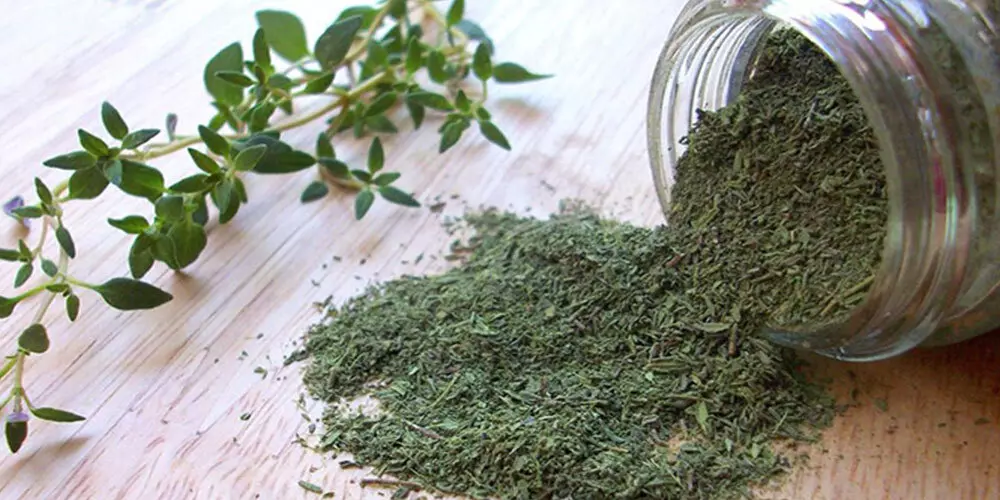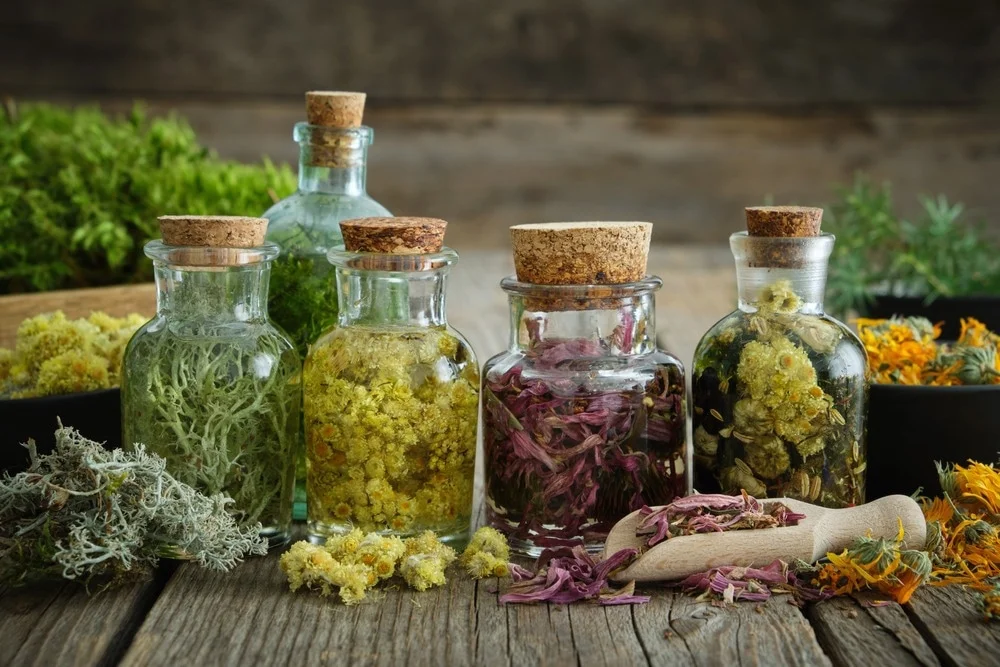Warm and Dry temperament According to the Iranian Islamic traditional medicine
What is temperament? What types of temperament do we have? Is a person who gets angry easily sick? Do individuals’ behaviors and actions have anything to do with their temperament? Stay with us in discussing the answers.
What you read in this article :
What is temperament? What types of temperament do we have? What are the signs of warm and dry temperament? We talk about the role of bile in our bodies; foods beneficial for warm and dry temperament; and, foods incompatible with it. Finally, we suggest some recommendations.
Contents
Introduction
The Iranian Islamic traditional medicine focuses on maintaining health, and scholars and scientists in this field consider maintaining health to be in priority to restoring health. The six principles of health include weather or climate conditions; states of mobility/activity or resting; eating and drinking; sleeping and wakefulness, bodily secretions/excretions and retention, and psychological moods; by following these principles, an individual may keep their temperaments, bodies and souls healthy and they probably become free of resorting to medicine and treatment. In this article, we discussed warm and dry temperament, and what a person with this temperament should do or shouldn’t do to avoid illnesses and what foods they should use to remain healthy.
Definition of temperament
Man and their bodily organs, like all creatures, are created of different combinations of four elements of water, fire, earth and air (different from water, fire, earth and soil around us) and each of these four elements has a special quality. The earth is cold and dry. The water is cold and wet. The air is hot and humid. Fire is hot and dry. In the Iranian Islamic traditional medicine, in defining temperament, it is stated that these four elements exist in the bodily organs of every creature, and by different combination of these elements, a new quality which is called temperament, is created. If these elements are present in equal value in your body, your temperament is moderate; but if one of these to be higher in value than that of the others, the four temperaments of melancholy, cholera, , phlegmatic are created; melancholy is cold and dry; sanguine is hot and dry; cholera (in its traditional medicine meaning, blood) is warm and dry; phlegmatic is cold and dry. The individuals with any of these temperaments are healthy and behave normally, only their appearance, morals and behavior are different from each other. In this article, which examines the hot and dry temperament, you will get to know one of these temperaments.
The role of bile in our bodies
The role of bile in our bodies is to stimulate the bowels for excretion, increase the power of blood penetration, and soften blood.
Some signs of different temperaments
In general, to mention some signs of different temperaments and to identify different temperaments of moderate, warm, cold, dry, and wet, we follow 5 ways: First, warmness or coldness of our bodies; we put our hand on any part of our bodies; if it is warm, it means you have a warm temperament, and if it is cold, it is an indication of cold temperament, and if it is moderate, it indicates a moderate temperament. Second, hardness or softness of our flesh; touch and press the flesh on different parts of your body, hard or stiff flesh is an indication of a dry temperament; soft flesh indicates a wet temperament, and if it is moderate, it indicates a moderate temperament. Third, flesh or fat in our bodies; if the flesh and fat in different parts are equal in value, your temperament is cold and wet; however, more fat helps in prevailing coldness over wetness, with flesh higher in value than that of fat, wetness prevails over coldness; so, in general, higher values of flesh indicate wetter temperaments, and lesser values of fat indicate warmer temperaments, and with low values of both flesh and fat, you have a warm and dry temperament. Fourth, hair; thick and dense hair indicates a warm temperament, and if it is curly and broken, it is an indication of a dry temperament; thin and sparse hair signals a cold temperament. If it is straight, it is of wet temperament, if it is moderate the temperament is moderate too; black hair indicates a warm temperament; on the other hand, white and yellow hair show a cold temperament; and, red or blond hair is of a moderate temperament. Fifth, skin, if it is red, your temperament is hot, if it is white, your temperament is cold.
Recommendations for the individuals with hot and dry temperament
- Bath with lukewarm water in warm seasons.
- In warm seasons and warm ages (childhood to middle ages), they should consume liquids, water and syrup.
- Sleeplessness causes dry dys-temperament, especially to the brain, so they should avoid sleeplessness and staying awake until late hours at nights.
- If they have dryness in the brain, lubricate their nose with sweet almond or violet or rose oil. It is useful if they have an hour break after lunch in hot seasons.
- Avoid getting angry and arguing.
- Avoid heavy and intense exercises in warm seasons and warm ages.
- They should avoid fats, fried foods and sometimes bitter foods as well as sweets that produce bile. Use sugar oxymel (not honey oxymel) and lettuce.
- Use of cool air
During the hours of 10-16, the body’s temperament inclines to warmness and dryness and produces bile, it is better to avoid warm and dry foods and those generating bile as well as heavy physical activities during these hours. The summer season has a warm and dry temperament, therefore, the signs of warmness and dryness in a young person who has a hot and dry temperament intensifies. The individual should eat more cold and wet foods in warm seasons, such as dairy products, yogurt drink with cucumber, fruit juice, and watermelon.
Men’s temperament is warmer and drier than the women’s; women’s temperament is usually colder and wetter; therefore, women are more prone to illnesses related to coldness and wetness such as joints swelling and pain, so, men should pay more attention to the recommendations for warm and dry temperament.
Signs of warm and dry temperament
Of signs of warm and dry temperament: warm and dry skin; yellow skin and yellow eyes; dry and bitter mouth; excessive thirst; yellow tongue; thinness and dryness; rapid heating of body resulting from physical factors; low nasal secretions; dry nasal cavities, quick and furious anger; low appetite; tendency to eat pickles, and cold foods like watermelon, lettuce and cucumber; having a strong heart pulse (not applicable to all individuals); bulging hand veins; harms from warm foods including itching and hives, using cold foods is useful; sensitive to warm climate; irritation in warm places or warm seasons; little and light sleep; high memory and learning power; they establish strong social relationships; they are restless and hasty; they have a high libido; but their sexual power is low; they are accurate, perceptive and organized; they are talkative and intelligent; they are active and energetic; they do their work fast; they talk fast, loudly and continuous; they leave things half-finished; sometimes, they are constipated.
Foods beneficial for warm and dry temperament
Although these foods are good for the individuals with warm and dry temperament, it is recommended not to overuse them. Fish, mutton, half-roasted eggs, coriander, cucumber, purslane, lettuce, spinach, pumpkin, okra, plum, pomegranate, apricot, tangerine, watermelon, peach, pear, blackberry, lime, sour orange, barberry, orange, lentil, chickpea, barley, mung beans, Qaraqrout, curd, yogurt, vinegar, lemon, sumac, sour grapes powder, sour grapes juice, lemon juice, barberry syrup, cherry syrup, jujube syrup, sugar oxymel, sour pomegranate paste, sour pomegranate juice, rhubarb syrup, yogurt drink, olive oil, cow fat, sesame , yogurt, barley soup, spinach stew, okra stew, pumpkin stew.
Foods incompatible with hot and dry temperament
Consuming high values of foods incompatible with hot and dry temperament causes disorders in the individuals’ health. These foods include:
indigenous chickens, shrimp, partridge, animal fats, camel meat, small birds, sweets, red pepper, onion, parsley, black pepper, garlic, leek, dill, lemon balm, celery, watercress, fenugreek, savory, tarragon, melon, hazelnuts, pistachios, coconuts, dates, black seeds, sunflower oil, butter, animal oil, sesame oil, mustard, cinnamon, ginger, saffron, salt, angelica, cloves, honey, grape juice, spices, coffee, black tea, soft drinks, caffeine.
Considering that the Iranian traditional medicine emphasizes on maintaining health, if a person follows the six principles of health – weather or climate conditions; states of mobility/activity or resting; eating and drinking; sleeping and wakefulness, bodily secretions/excretions and retention, and psychological moods – and if they know their temperaments, adjust their diets and lifestyles according to their temperaments, he may maintain his health and will rarely need treatment. In this article, which examined warm and dry temperament, we saw that, for example, if a person with warm and dry temperament is at a young age – due to the fact that the temperament of youth period too is warm and dry – uses warm, dry and bile-generating foods in summer, surely they will face many health problems. At this ages and in warm seasons, this person should use cold and wet foods to balance the heat, dryness, coldness, and wetness in their bodies. They should also follow the physical and mental recommendations good for their temperaments.
We appreciate your comments.





Leave a reply